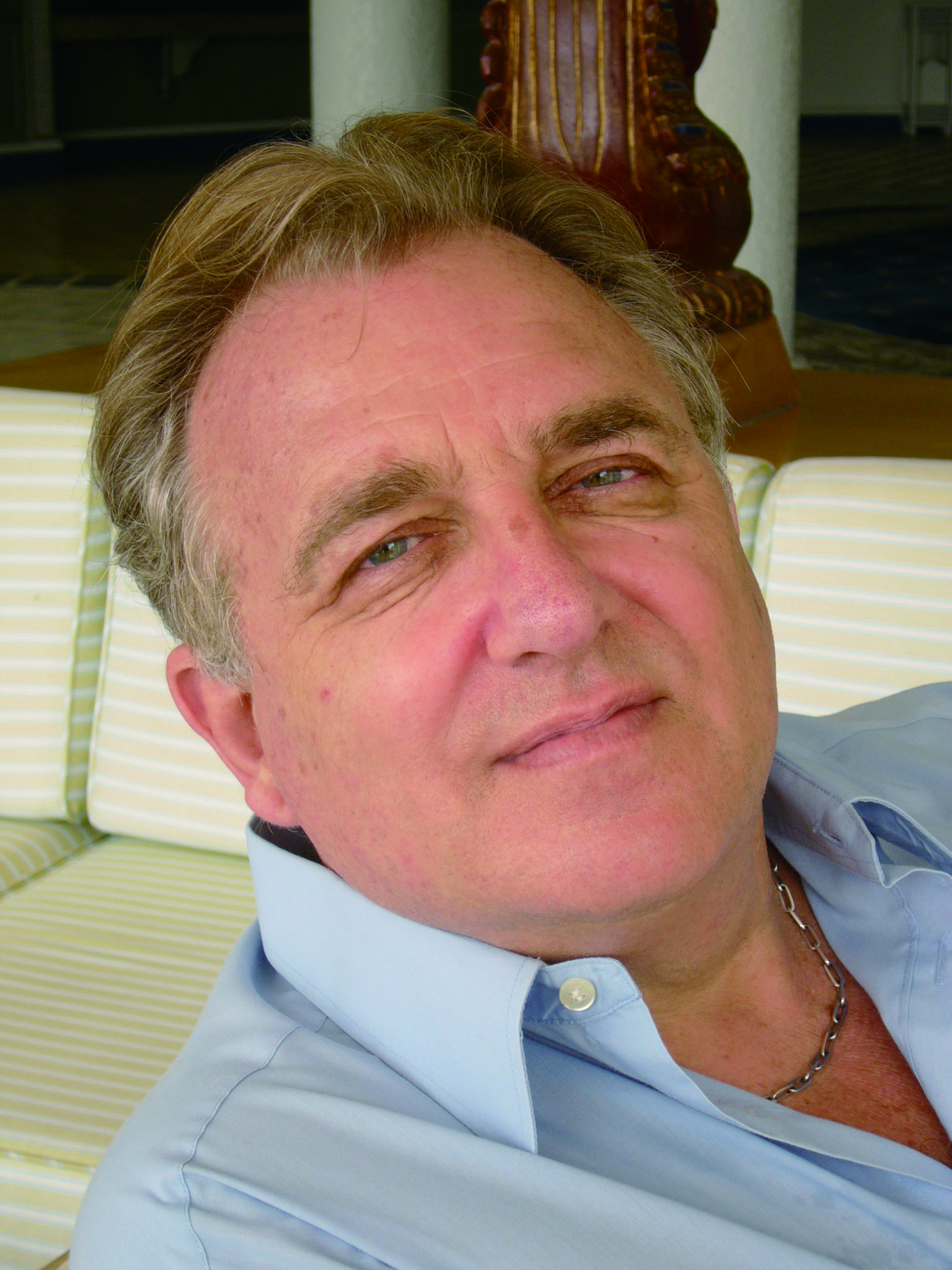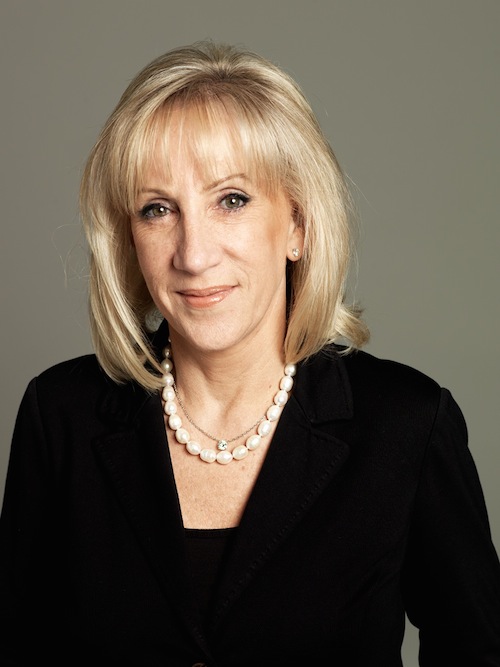In Catherine Chung’s critically acclaimed debut novel, Forgotten Country, she explores two South Korean sisters as they adjust to a new life once their family moves to America. It’s a probing tale of the challenges of cultural immersion.
You have done a BS and an MFA. It is amazing that you excel at both literature and mathematics! Did you give mathematics up for literature? Was it hard during the transition period?
It's funny, I always wanted to be a writer, and math felt much more like a detour that I took for a few years--like I was taking the scenic route to becoming a serious writer. So in that way, there was no transition: I never stopped writing, or wanting to be a writer, but I did at some point stop doing math, which I miss. I think that's partly why my next book has mathematicians and scientists and some math problems in it--I miss that way of engaging with ideas and the world.
As a Korean-American, to what extend does Forgotten Country relate to your own life experience? What do you try to express through this book?
I think the book was a way of exploring all the ideas and questions I had all my life about history and family and obligations and storytelling--the book isn't autobiographical in that the events in it don't--for the most part--line up with things that happened to me, but there is... a kind of sympathy, or resonance between the themes and issues the family in the book circles around, and my own.
Have you encountered identity struggles during your formative years? From your parents? From yourself?
As for identity struggles, I think everyone has them--no matter where they were born, or who they are. That's one of the main forces of adolescence and young adulthood, isn't it? And for that matter, most of life? Figuring out who we are in this world, where we belong, what we believe, and how that works with or against all the things we are being told by others about who we are and where we belong and what we should believe.
Besides the US, you have also lived in Korea, Germany and France. Tell us some stories about your expatriate life? How has the expatriate experience shaped your life?
So, a friend of mine recently made this lovely analogy about how when you set out to learn another language, you end up also learning about your own. That's precisely how I feel about traveling and living elsewhere--so many of your assumptions (that you didn't even know you had!) about how you think people are supposed to be get challenged, and you learn so much about yourself in the process. It's great. It's so freeing (and not terribly unlike reading, and discovering new worlds and minds totally different from your own). Anyway, I loved living abroad.
What is your take on "becoming American"?
I don't know that I have a take on that. I don't believe that there is such a thing as being "American" that you can "become." Like I said earlier, I think there are the identities that other people try to put on you, and the identities that you claim or take for yourself, and I think it's the latter that I'm interested in. I think when you try to become something that's already been defined by others, to try to live by someone else's arbitrary set of rules, you're trying to smooth yourself into a box rather than exploring the possibilities of who you are and can be, which seems like it can't end well, and in any case, like a terrible waste of time.
Do you have something to say to immigrants on preserving culture identity?
In terms of my own relationship to my history or to being part of an immigrant story, I try to hold on to what I want to hold on to, to value what speaks to me, and to try to be true to myself. For me, it's less a matter of preserving a cultural identity, and more about a commitment to a certain kind of integrity--of trying to accept change and transformation while remaining whole.






















0 User Comments